
PhD in languages... works in agriculture
As a PhD in Linguistics and working at Quang Nam University, Ms. Nguyen Thi Hong Sanh is passionate about startups. In 2019, with the project "Small House" - High-quality Child Care Center, Ms. Sanh was recognized as a provincial-level startup project.
Since then, she has become more interested in organic agricultural products to help make her children's meals more nutritious and safer. During her research, Ms. Sanh approached the organic agricultural product research group, including biologists, oriental medicine doctors... across the country. They are conducting experimental research on adding saponin to sweet potato plants. Ms. Sanh joined this group, together with the research, implementation of actual planting and replication of the model for the people.

From September 2023, Ms. Sanh started planting the sweet potato variety provided by the research team in Tien Phuoc district. Two months later, she planted it in Tan Thanh ward and Tam Thanh commune (Tam Ky city). At the end of 2023, she continued to plant this potato variety in Nam Tra My district. The research team introduced many potato varieties, including purple, yellow and white potatoes.

"From the first sweet potato vines, after 3 months, the tubers can be harvested. Recently, on March 26, I sent samples of sweet potato tubers grown in Tien Phuoc for testing at the National Institute of Nutrition - Ministry of Health . Using the Test method, it showed that the sweet potato sample contained 0.67% total saponin content."
Ms. Nguyen Thi Hong Sanh
[VIDEO] - Ms. Sanh talks about her journey to the saponin sweet potato startup model:
According to Ms. Sanh, depending on the care method and soil in each area, the product will have different saponin content. For example, the research team tested in Hoi An and found that yellow potato tubers contained 1.34% total saponin, while sweet potato vines contained up to 1.79% total saponin. Another case in Hoa Vang district (Da Nang city) tested white potato tubers and found 1.34% saponin.

Transfer to farmers
According to Ms. Sanh, in addition to choosing soil with adequate conditions, the correct planting method for this potato variety containing saponin is also very important. Potato growers must strictly adhere to organic farming methods, not using pesticides or chemical fertilizers, because saponin will not form if exposed to chemical ingredients.

"In addition to tangible energy sources such as soil, water, and organic fertilizers, the research team also encourages growers to apply invisible energy sources to potato plants, such as the popular farming method in Japan today, which is meticulous care such as bonsai care, letting the plants listen to relaxing music to stimulate positive energy in the plants. From there, the plants will grow and develop well, with a higher saponin content than normal," said Ms. Sanh.

Currently, Ms. Sanh is surveying the quality by providing some customers with a trial and recording their opinions. With the current price of old sweet potatoes at 55 thousand VND/kg, customers all highly appreciate the quality of the potatoes, fragrant, delicious and with a different taste than normal potatoes.
[VIDEO] - Ms. Sanh talks about the upcoming directions of the saponin sweet potato model:
Ms. Sanh has just tested the quality of potatoes in the growing areas of Tam Ky and Nam Tra My. When she has the results, she will focus on taking care of them in the best conditions, multiplying them on a larger scale and widely deploying them to people in the province by providing seeds and transferring technology and cultivation methods.

In the near future, Ms. Sanh will play the role of a sweet potato buyer from farmers and then produce commercial products from sweet potato tubers and vines, which can be diet foods, snacks, and in the long term, export products to international markets. Because it does not use pesticides, is associated with green transformation, and sustainable development, this model helps to regenerate clean soil very effectively, moving towards a circular economic model.
"In the immediate future, the most important thing is to standardize the production process, choose the best intensive farming areas to move towards production linkages with farmers. The ultimate goal of the research team and myself is to help farmers have a high and stable income from this special sweet potato variety."
Ms. Nguyen Thi Hong Sanh shared
Source








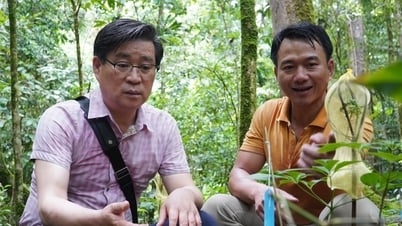

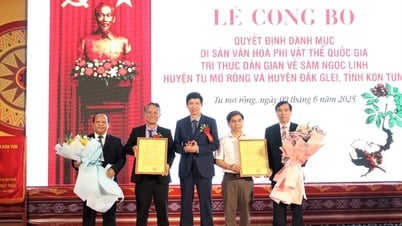

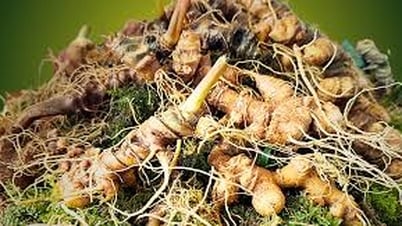



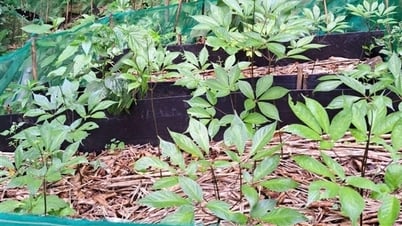

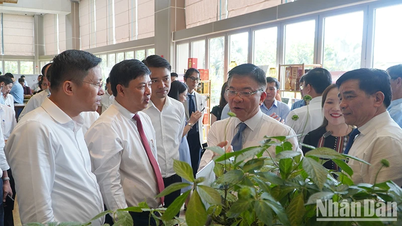

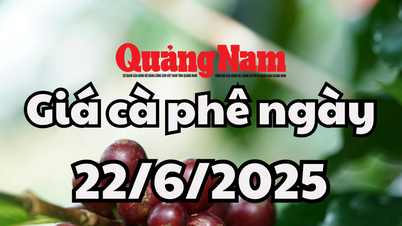


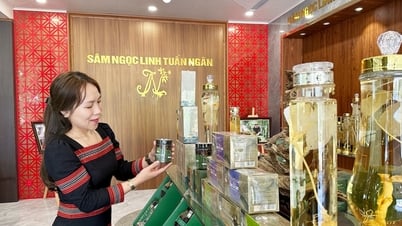
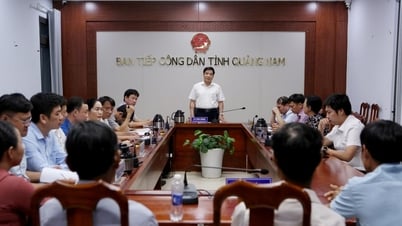








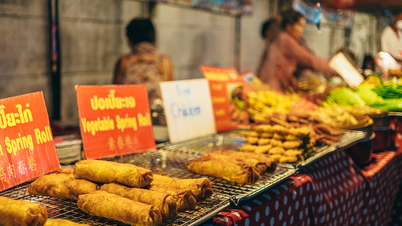


![[Photo] Central Propaganda and Mass Mobilization Department meets with exemplary journalists](https://vphoto.vietnam.vn/thumb/1200x675/vietnam/resource/IMAGE/2025/6/21/9509840458074c03a5831541450d39f8)



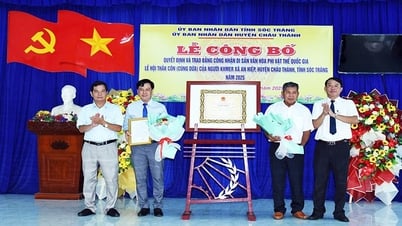








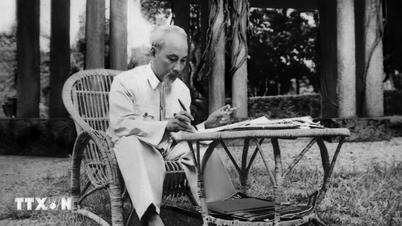






![[Maritime News] Wan Hai Lines invests $150 million to buy 48,000 containers](https://vphoto.vietnam.vn/thumb/402x226/vietnam/resource/IMAGE/2025/6/20/c945a62aff624b4bb5c25e67e9bcc1cb)











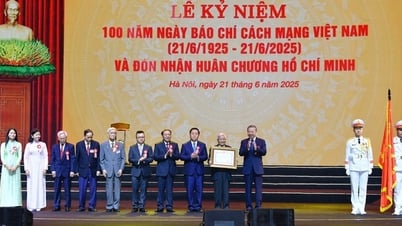



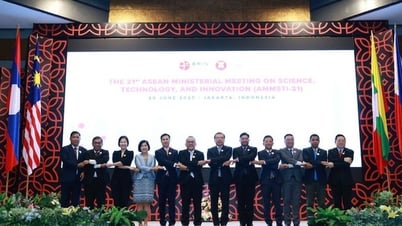



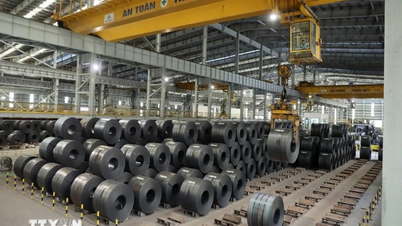
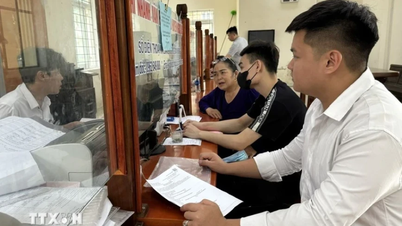













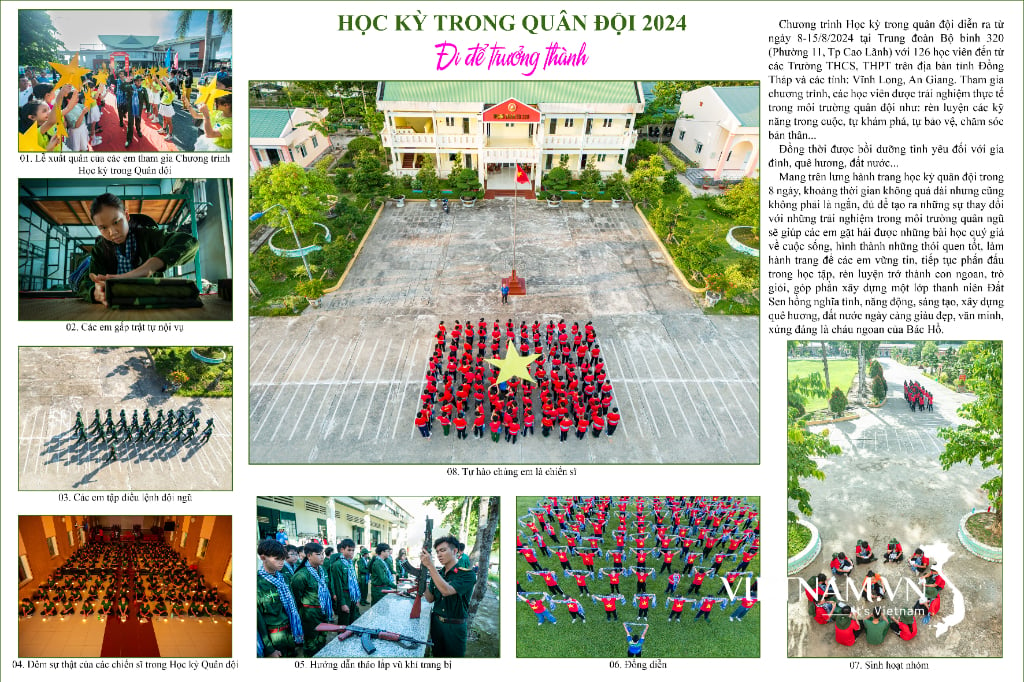



Comment (0)